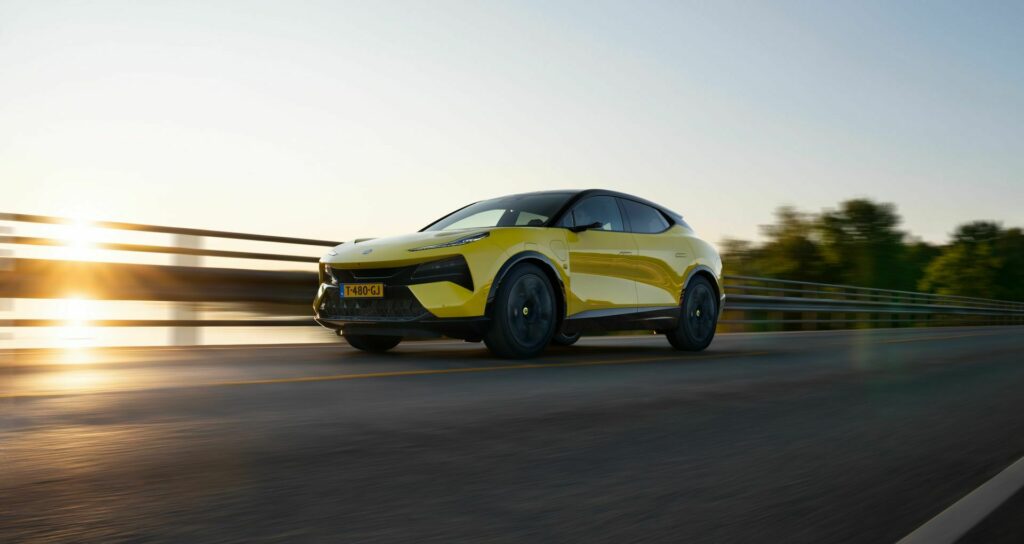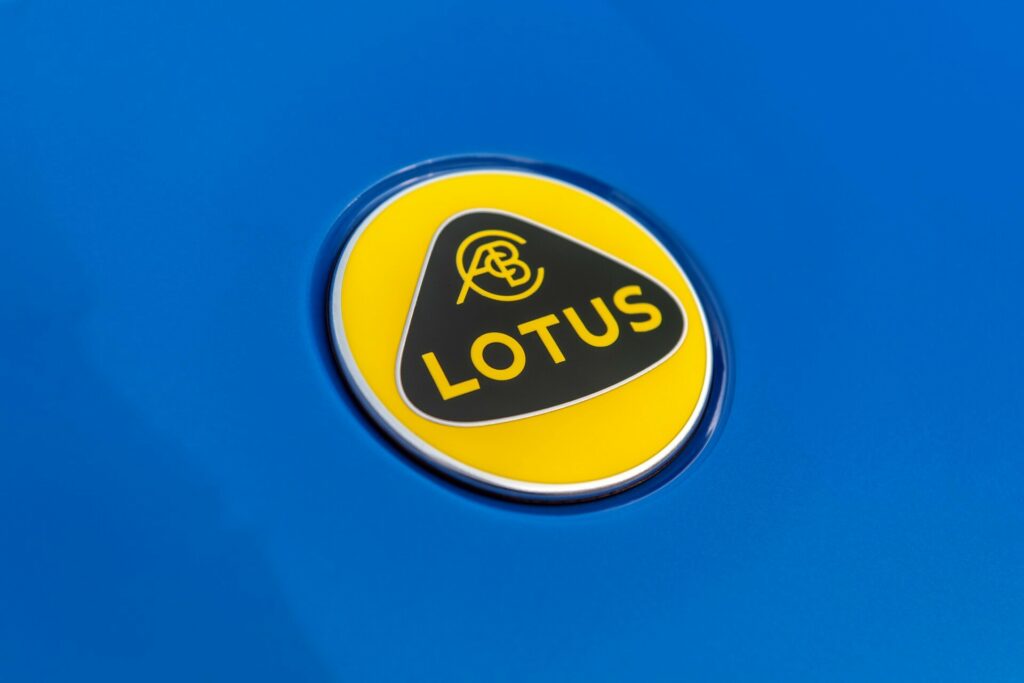Taking Lotus Tech public wasn’t the success story Geely may have hoped for. After two weeks, shares on the Nasdaq have plummeted by nearly 40%, from $13.80 at listing on February 23 to $8.37 at publication, dipping as low as $5.75 last week. In fact, it’s been the latest in a string of disappointments for the Chinese automaker, whose previous IPOs have been met with similar results.
Share prices for Volvo Cars, Polestar, and ECARX have all fallen since opening, and these previous failures likely influenced the decisions of potential investors in Lotus. However, for parent Geely, it could be a worrying omen as the group tries to take even more brands public to raise funding in the costly electric car game.
Related: Lotus Tech Is Going Public Today At A $5.5 Billion Valuation

The next brand lined up for an IPO is new electric vehicle maker Zeekr, with documents already filed for a listing on the Nasdaq. But according to Shaun Rein, managing director of China Market Research Group, a Shanghai consultancy, Geely’s short-term outlook isn’t looking like a safe bet. “They don’t have a strong strategy internationally or in China,” said Rein, speaking to Financial Times. “They [Geely] have too many overlapping brands that just don’t make sense.”
The lack of interest in Lotus, a storied brand that is transitioning into an electric-focused automaker, can also be attributed to growing concerns over EV demand in the West. Additionally, other EV makers have faired poorly after initial IPO positivity, most notably Rivian and Lucid.
And, while other Chinese automakers may not be as concerned as Geely, the company founder’s ambitions to go global make fund generation particularly important for expansion. Li Shufu, the founder of Geely, wants to make his company a top-10 player. That will mean significant investment outside of China. In contrast, while the Chinese government and development agencies bankroll other EV manufacturers, such investment comes with the expectation that plants be built primarily within the country.
See Also: Polestar Gets $950 Million In Fresh Funding After Volvo Split

However, there are signs that this is part of a much longer play by the company. Indeed, with Volvo — a once struggling brand — Geely has been patient, taking a longer-term outlook. They appear to be replicating this approach with Lotus also. It could stand to reason that this strategy is not yet reflected in the share prices. “These are not flip stocks,” said one individual close to the company.
Meanwhile, Lotus’ transformation is still in its infancy. Lotus chief financial officer Alexious Lee is bullish about the brand’s segment. Where EVs cost more than $80,000, he thinks Lotus is an early adopter in a large market that is growing by the year. He predicts the company will be cash-generative by next year thanks to the $880 million raised by investors and an additional $500 million cash.
Lotus commercial head Mike Johnstone said investors were interested in the company’s “history and heritage”, and hopes that the brand’s success in motor racing will help distinguish it from the hordes of quick-accelerating EVs. Lotus will produce new SUVs in Wuhan, China. There, cars like the Eletre will be manufactured. The company is targeting sales of 150,000 units by 2028, up from just a few thousand.
Those close to Geely have reportedly dismissed the share prices as short-term blips. They are confident that the company is on the right track and that by the end of the decade, things will look a lot different. Financial Times also notes that if Geely is going to continue on its path toward going global, it must press on with its flotation strategy. However, it does mean that the group’s fairly complicated portfolio — which, in addition to Volvo Cars, Polestar, Lotus, Zeekr, and ECARX, includes investments in Proton, Smart, LEVC, Lync & Co, Aston Martin, Volvo Group, and Mercedes-Benz — is going to become a lot more complex.





